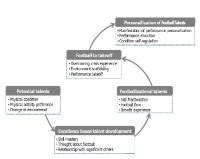
Sportscasting in Physical Education (Lee, 2011) is a class activity that students simulate sports broadcasting (e.g., students report, analyze, and comment on game play). It encourages problem solving (PS) learning for students. Scaffolding is the support with the intention of helping the student achieves his/her learning goals and contributes to problem solving. However, limited studies have examined if sportscasting with scaffolding is effective instructional strategies for PS. The purpose of this study was to examine effects of sportscasting with scaffolding on PS abilities, and on academic achievement. Participants were 46 college students. The static-group comparison design was used: an experiment group (N=26) with supportive scaffoldings (e.g., conceptual explanation, terminology dictionary, visual materials) and a control group (N=20) with reflective scaffoldings (e.g., organizing the environment, using appropriate cues to guide behaviors, and modeling). The results revealed that students in reflective scaffoldings had higher PS abilities than students in supportive scaffoldings. However, two groups were not statistically different in academic achievement. Sportscasting with instructional scaffolding promote a deeper level of cognitive skills and male students performed better than female students. The effective scaffolding types (Lewis, 2010) for sportscasting were discussed to help students to foster PS skills.

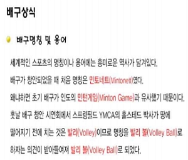
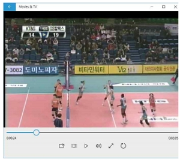

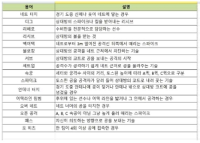
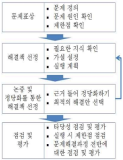
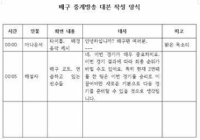
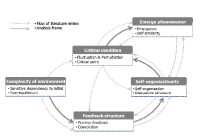
Purpose This study was aimed at interpreting the football talent development stages based on complexity theory. Methods The data for this study was gathered through literature review and in-depth interviews that were analyzed by thematic analysis. Literature review of the studies regarding complexity theory revealed the features of complexity theory and five football players participating in the K-league were interviewed. Gathered materials were analyzed by the thematic analysis. Initial codes and potential themes of football talent development stages, the conception and potential themes of the complexity theory were interpreted by metaphorical analysis. Results Results of literature review were as follows: analysis frame of complexity theory were organized environment of complexity, feedback structure, self-organization, critical condition and emergent phenomenon. The football talent development stages, interpreted as a result of literature review, were divided into Potential Talents, Excellence based Talents Development, Footballizational Talents, Football to Takeoff and Personalization of Football Talents. The stages were specifically materialized as follows: Potential Talents was materialized into physical condition, physical activity preference and change of environment. Excellence based Talent Development was materialized into skill mastery, thoughts about football and relationship with significant others. Footballizational Talents was materilized into skill fractionation, football flow and growth experience. Football to Takeoff was materialized into overcoming crisis experience, performance scaffolding and performance takeoff. Personalization of Football Talents was materialized into manifestation of performance personalization, performance evolution, condition maintenance. Conclusion Football talent development stages, interpreted by means of complexity theory, were divided into Potential Talents stage, Excellence based Talent Development stage, Footballizational Talents stage, Football to Takeoff stage and Personalization of Football Talents stage. Utilization of this study as a fundamental resource of football talents development programs and as a means to understanding football talents development is looked forward to.

